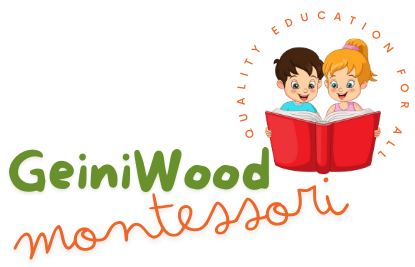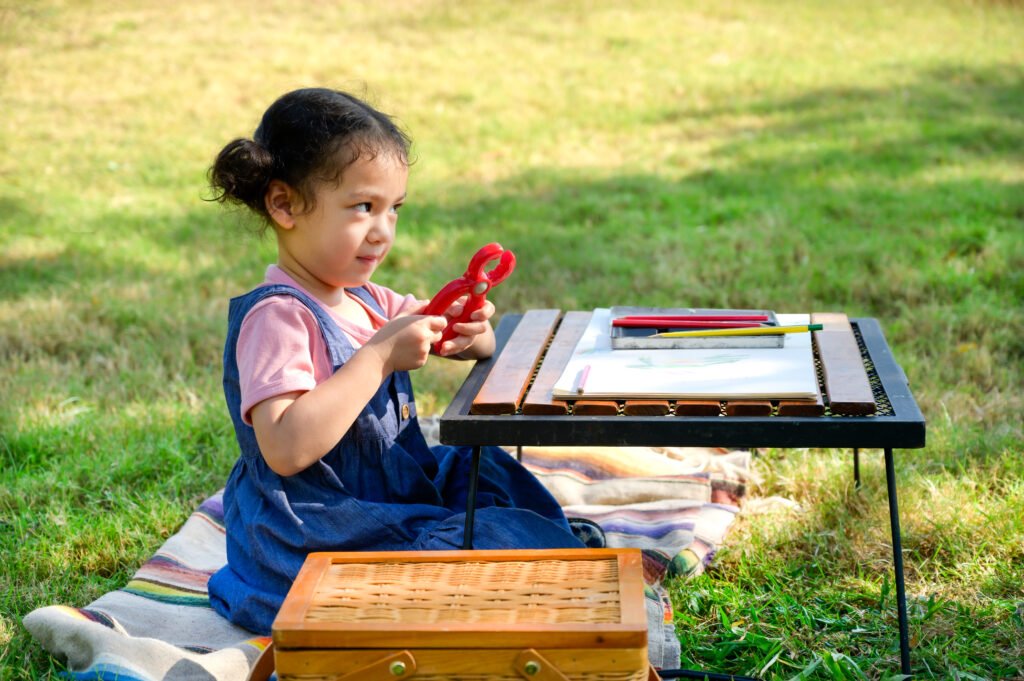Introduction
In today’s world, fostering independence in children is more crucial than ever. It empowers them to make decisions, solve
problems, and navigate life’s challenges with confidence. The Montessori method is renowned for its focus on cultivating
independence from a young age. Let’s explore how this approach can empower your child.
Understanding Independence in Children
Independence is not about leaving children to fend for themselves. It’s about equipping them with the skills and confidence to
handle tasks and challenges within their capabilities. Independent children are more likely to be resilient, self-motivated, and
adaptable.
Building blocks, play dough, and crafts allow children to do so much more than stack, smoosh, and stretch their imaginations! They sharpen fine motor skills and hand-eye coordination, lay a foundation for early math concepts, and hone executive functions like memory and focus.
Board games and cards are great examples of cooperative toys that help children practice taking turns, sharing, and cooperating—all key to social-emotional development. They also help children develop their working memory, math, and fine-motor skills.
The Montessori Approach to Independence
Montessori environments are designed to support children’s natural drive for independence. Here’s how:
● Prepared Environment: Montessori classrooms are carefully arranged to allow children to access materials and
activities independently.
● Practical Life Activities: Children learn essential life skills like dressing, pouring, and cleaning, building a foundation
for self-care.
● Sensorial Activities: These activities enhance children’s senses and fine motor skills, promoting independence in
exploration.
● Academic Freedom: Children are encouraged to choose their own work within limits, fostering decision-making and
initiative
Tips for Nurturing Independence at Home
While Montessori classrooms provide an ideal environment for independence, parents can also contribute to this development
at home:
● Create Opportunities: Offer age-appropriate tasks and responsibilities, such as setting the table or helping with
laundry.
● Encourage Problem-Solving: Let children find solutions to challenges independently, providing guidance when
needed.
● Build Confidence: Celebrate small victories and offer praise for their efforts, boosting self-esteem.
● Patience and Trust: Allow children the time and space to learn and grow independently.
Conclusion
At Geiniwood Montessori, we believe that independence is a cornerstone of lifelong success. By fostering self-reliance and
problem-solving skills from a young age, we empower children to become confident and capable individuals. Our Montessori
approach, with its emphasis on practical life activities and child-centered learning, creates an environment where children thrive
and develop a strong sense of agency.




